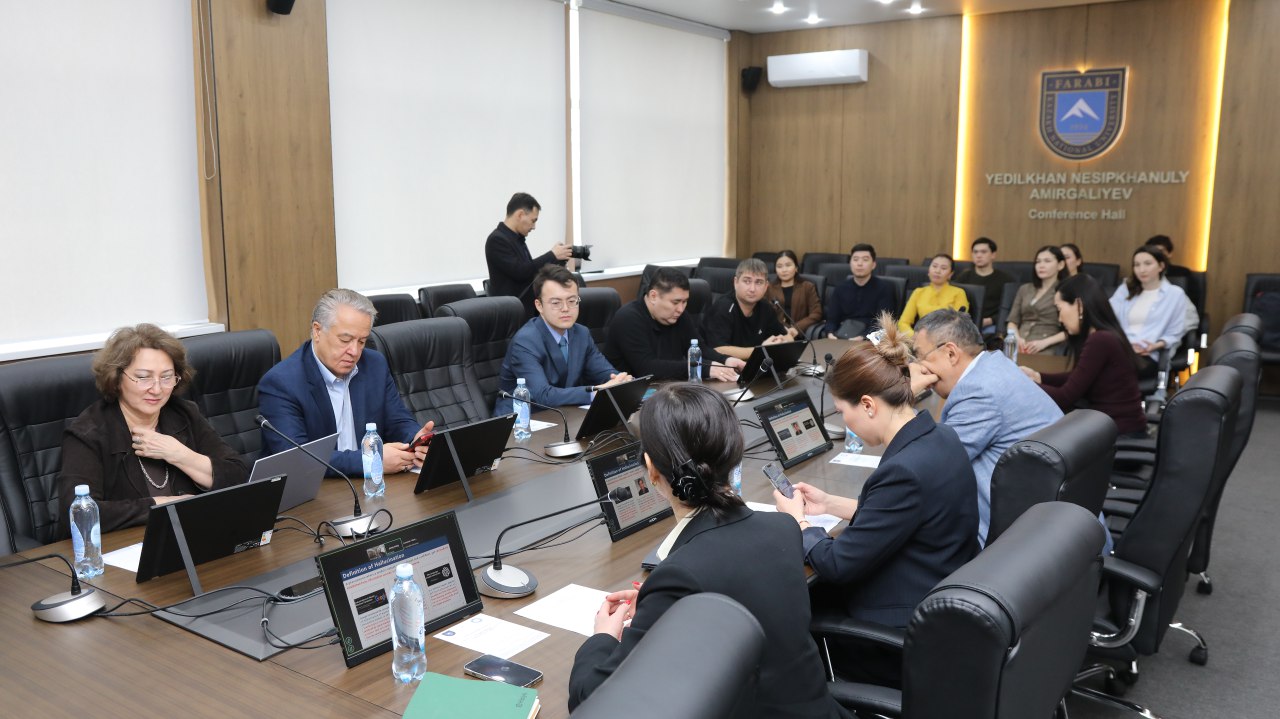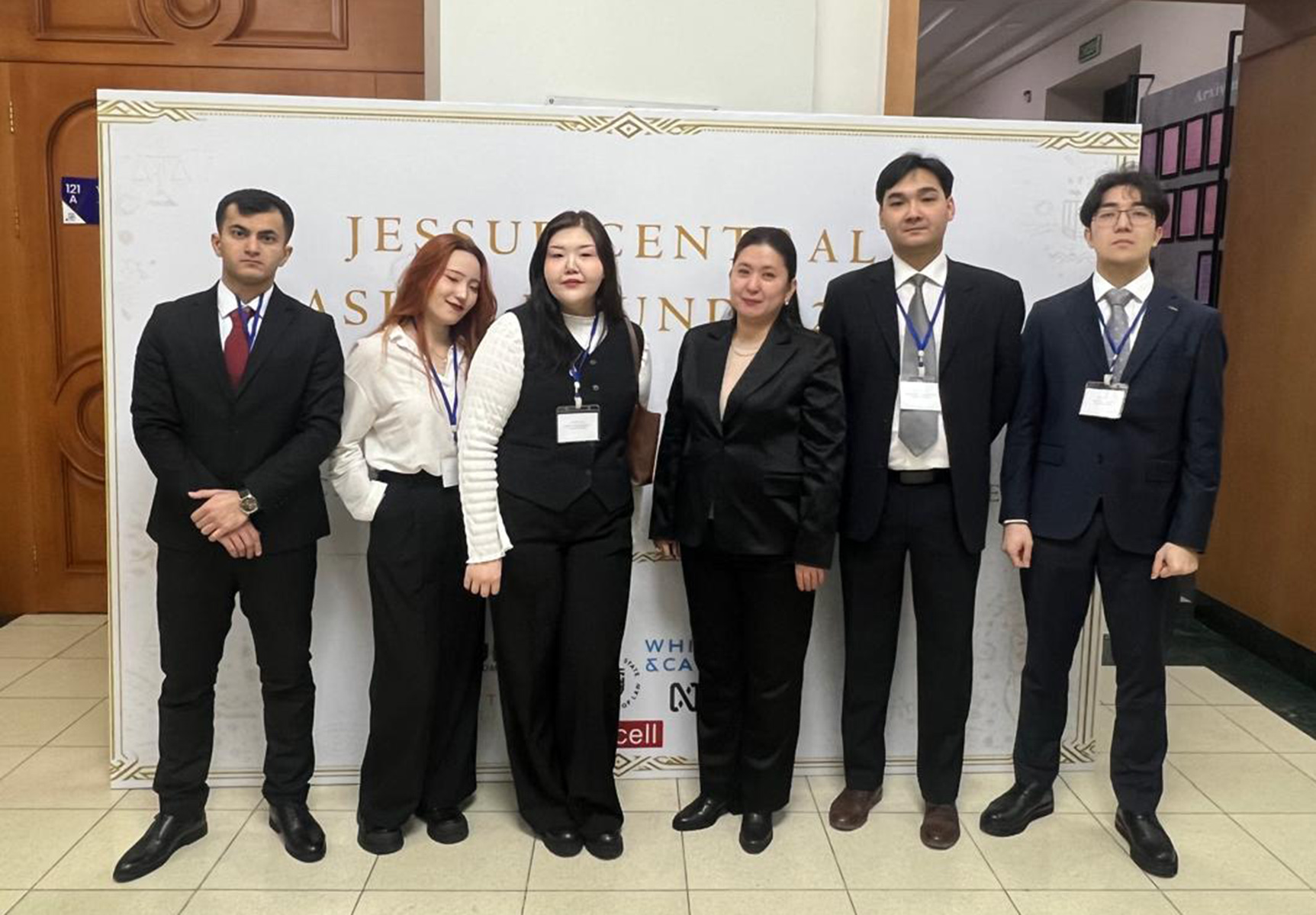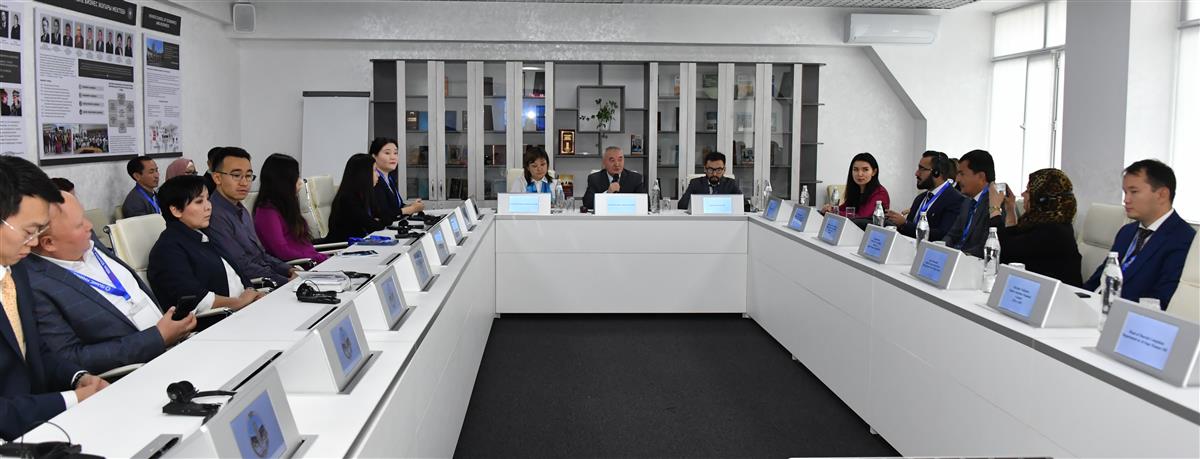
For the first time in Almaty, Islamic Finance Day was held at the Center for Islamic Finance of Al-Farabi Kazakh National University. The training seminar was organized in cooperation with the Astana International Financial Center as part of the Islamic Finance Week in Kazakhstan.
Islamic Finance Day is a platform for the exchange of international experience and constructive discussion of the development of Islamic finance in the region, as well as to increase public awareness of the trends and tools of Islamic finance in the world.
The First Vice-Rector of KazNU Mukhambetkali Burkitbayev has welcomed participants and guests and highlighted the need to increase knowledge in the field of Islamic finance through the Center for Islamic Finance of KazNU and AIFC,
According to experts, Islamic finance is most actively developing in the global financial market, which proves its competitiveness. The basic principles of Islamic finance are - trust, honesty, certainty, fairness and transparency between the parties to the transaction.
Speakers of the meeting - Askar Baimuldin, Senior Researcher, Financial Institutions Development Department, Mujtaba Khalid, Head of Islamic Corporation for the Development of the Private Sector, Refinitiv Shaima Hassan, Head of Islamic Finance. The Islamic Financial Organization of Kazakhstan Al-Sakr Finance JSC and the community of professionals in Islamic finance were also represented at the event.
The Islamic Finance Day Almaty program focused on discussing relevant topics of the Islamic Finance industry, such as innovative structures of the Sukuk market, ICD financial products in Kazakhstan, as well as the development of a community of professionals in Islamic finance. The speakers also highlighted that for the full development of the Islamic financial system in Kazakhstan, it is necessary to develop the sector of microcredit organizations, Islamic insurance and other segments of the financial market.
In turn, Al-Farabi KazNU has set itself the goal of multiplying knowledge of Islamic finance at the national level and increasing the theoretical and practical financial literacy of the population.
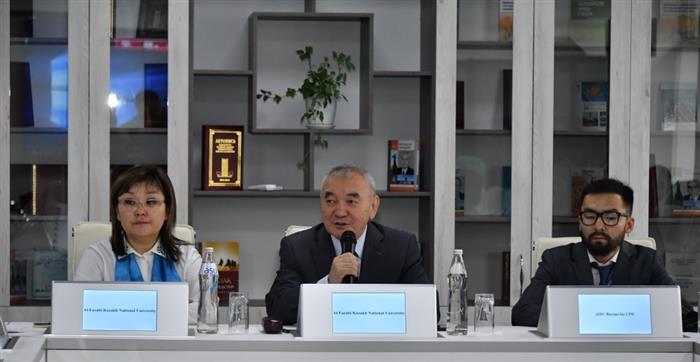
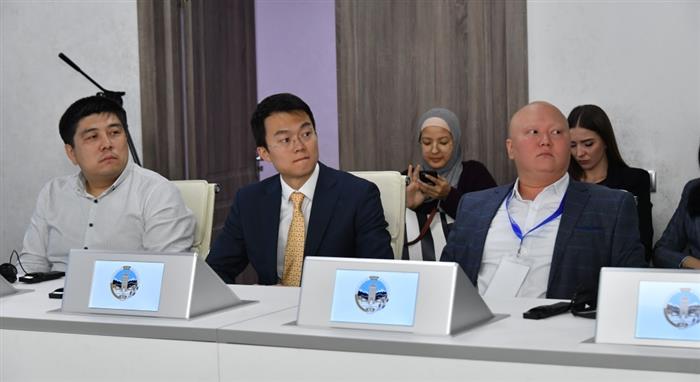
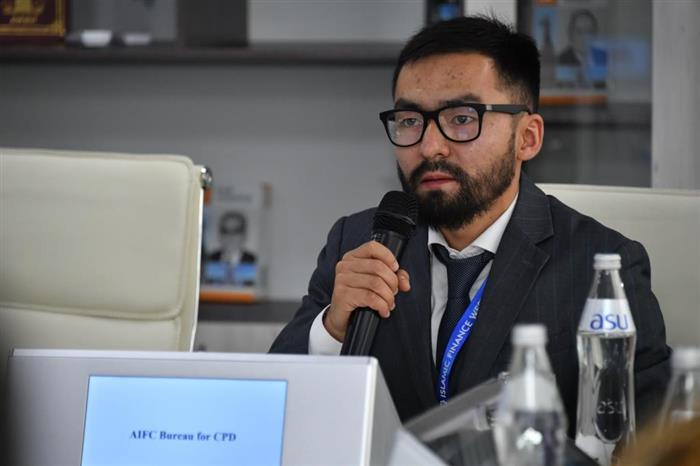
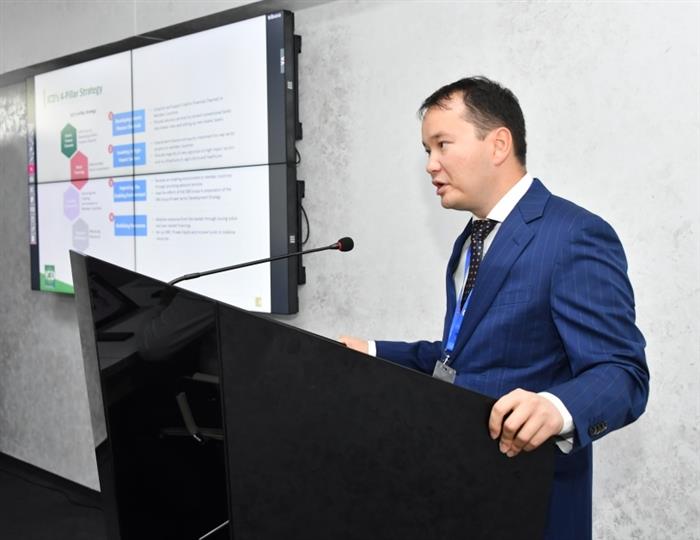
Other news
